Mary Tyler Moore’s tragedies and triumphs revealed in documentary
“Being Mary Tyler Moore” unfolds like a filmed version of an immersive literary biography, delving beneath Moore’s cheerily enigmatic public facade to reveal her personal struggles, triumphs, and tragedies — including the death of her 24-year-old son, Richard, her younger sister’s lethal overdose and her battle with diabetes.
The documentary, co-produced by Lena Waithe and directed by James Adolphus, covers all the familiar bases of Moore’s career, including “The Dick Van Dyke Show,” “The Mary Tyler Moore Show,” her Oscar-nominated role in “Ordinary People” and her Broadway triumph in “Whose Life Is It Anyway?”
It also treads unfamiliar ground vis-a-vis her lesser-known TV roles (“Richard Diamond, Private Detective,” playing an elf in Hotpoint ads in the ’50s) and includes never-before-seen footage — including video of Moore’s shower prior to her marriage to her third husband, Dr. Robert Levine, in 1983, where her former “TMTMS” co-star Betty White steals the show.
Friends and colleagues, including Ed Asner, Beverly Sanders, Norman Lear, James Brooks and “The Mary Tyler Moore Show” writer Susan Silver help narrate the jigsaw puzzle of Moore’s life via off-camera interviews — some recent, some archival — leaving the documentary to laser-focus on Moore, who passed away in 2017 at the age of 80.
“I learned so much about her — even the look on her face when Rona Barrett was interviewing her [for a TV show] and the way her face subtly reacted to things,” Silver told The Post. “It was amazing.
“She was very private and very friendly, always, but wasn’t very open,” she said. “I was close to [‘TMTMS’ co-stars] Valerie [Harper] and Ed …but Mary was very closed off … and now [after watching ‘Being Mary Tyler Moore’] I understand why.
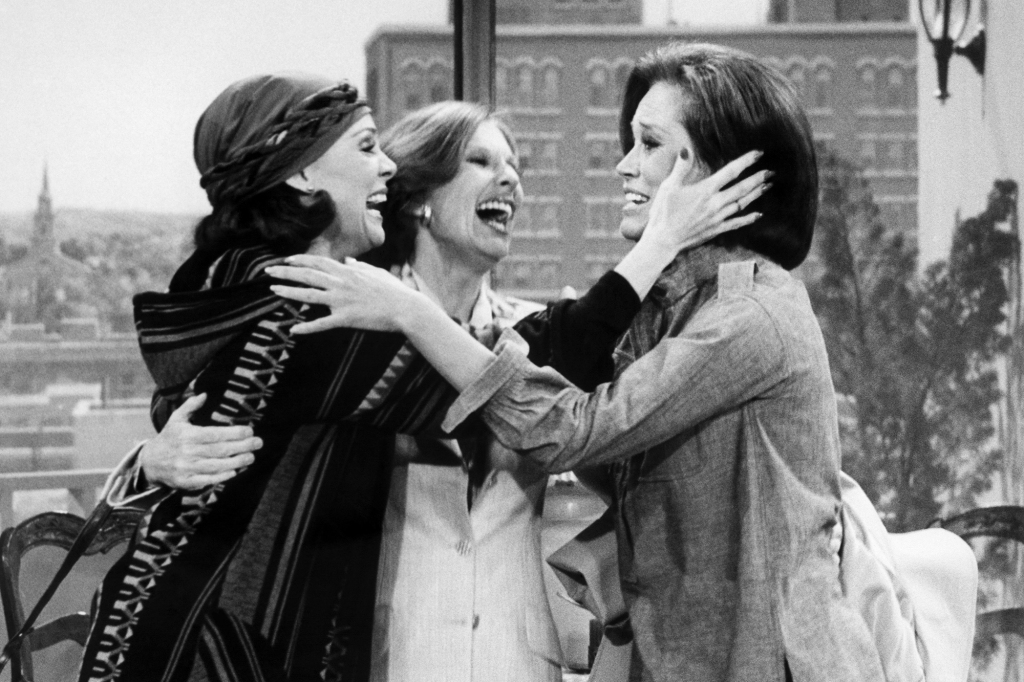
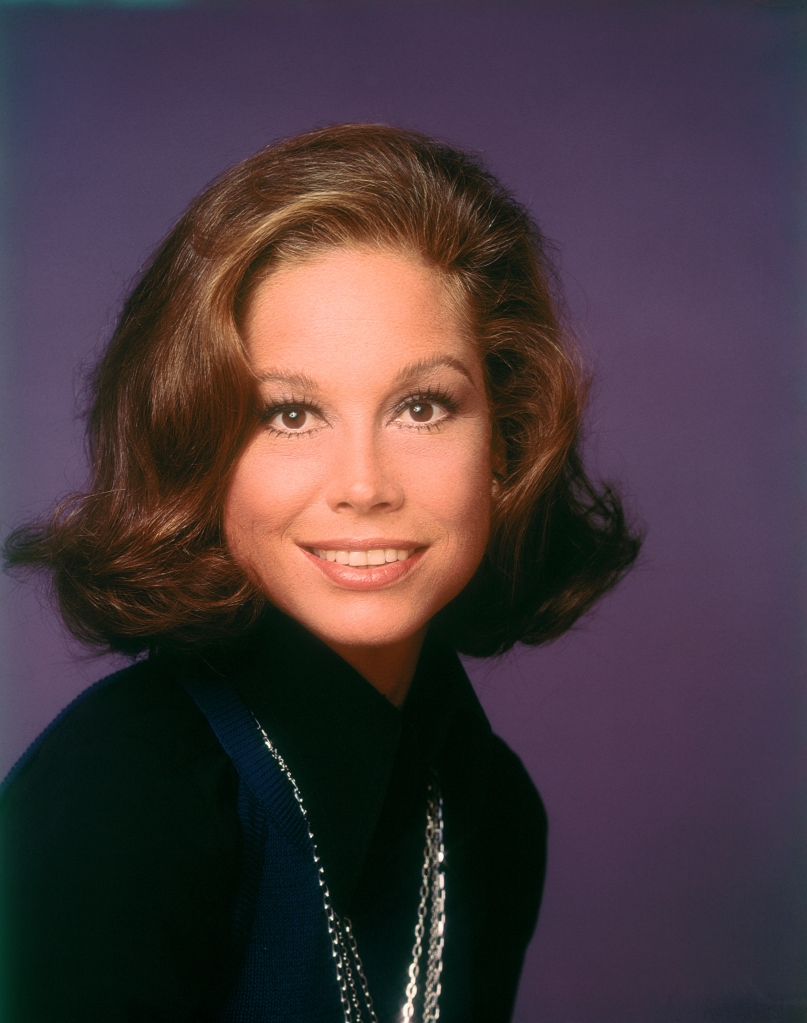
“I had no idea then [since] she was very lovely and nice and had a warm smile.”
A chunk of the documentary covers Moore’s segue from her Emmy-winning turn as suburban housewife Laura Petrie on “The Dick Van Dyke Show” (1961-66) to her iconic role as single career woman Mary Richards on “The Mary Tyler Moore Show” (1970-77), for which Moore snared four Emmys (and four nominations).
The series premiered on CBS in tandem with the rise of the women’s liberation movement; Moore is described in “Being Mary Tyler Moore” as “a feminine feminist,” happy to publicly support the cause yet leading a different life in private with husband Grant Tinker, who ran their joint production company (they were married from 1962 to 1981).
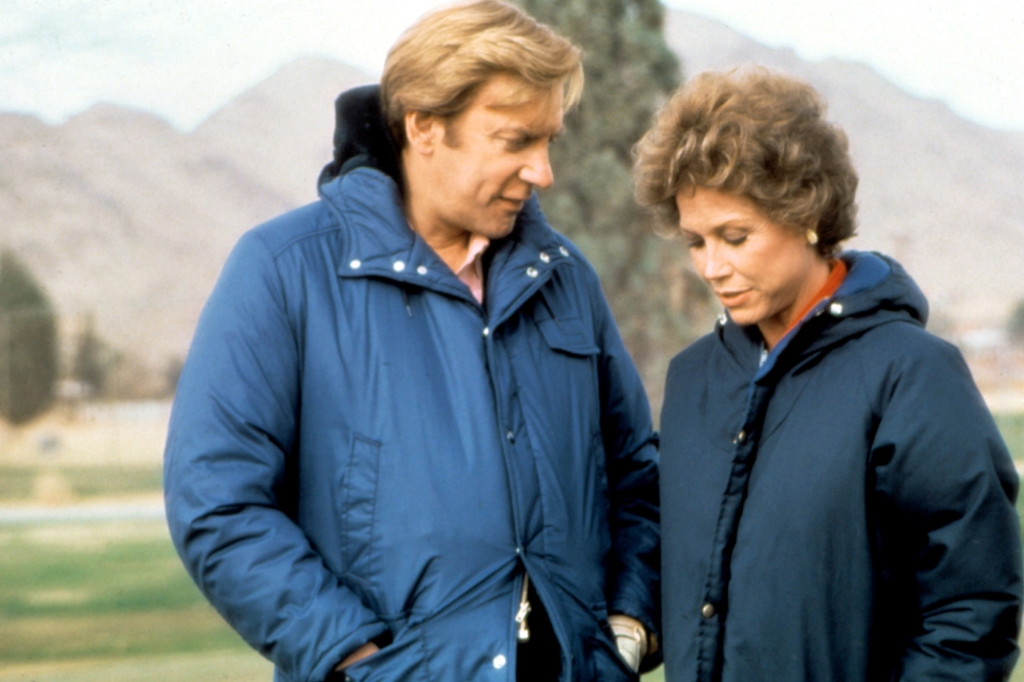
“That wasn’t her life,” Silver said of Moore’s Mary Richards onscreen persona. “She wasn’t that into feminism. But the show was open to women; don’t forget, there were very few women writing TV before that … Lila Garrett and Joanna Lee … and then on ‘The Mary Tyler Moore Show’ there was Treva Silverman and then me.
“By the end of the series, there were 25 women writing for the show over the years. That really made a difference.”
[Silver, who also wrote for, among others, “The Bob Newhart Show,” “The Partridge Family” and “Maude,” wrote five episodes for “The Mary Tyler Moore Show,” including the one where Mary has to wear a bad bridesmaid’s dress, and “The Square-Shaped Room,” when Mary arranges for Rhoda to redecorate Lou Grant’s living room. Ed Asner, who played Grant, won an Emmy for the episode and gave Silver a shout-out when he accepted his award.]
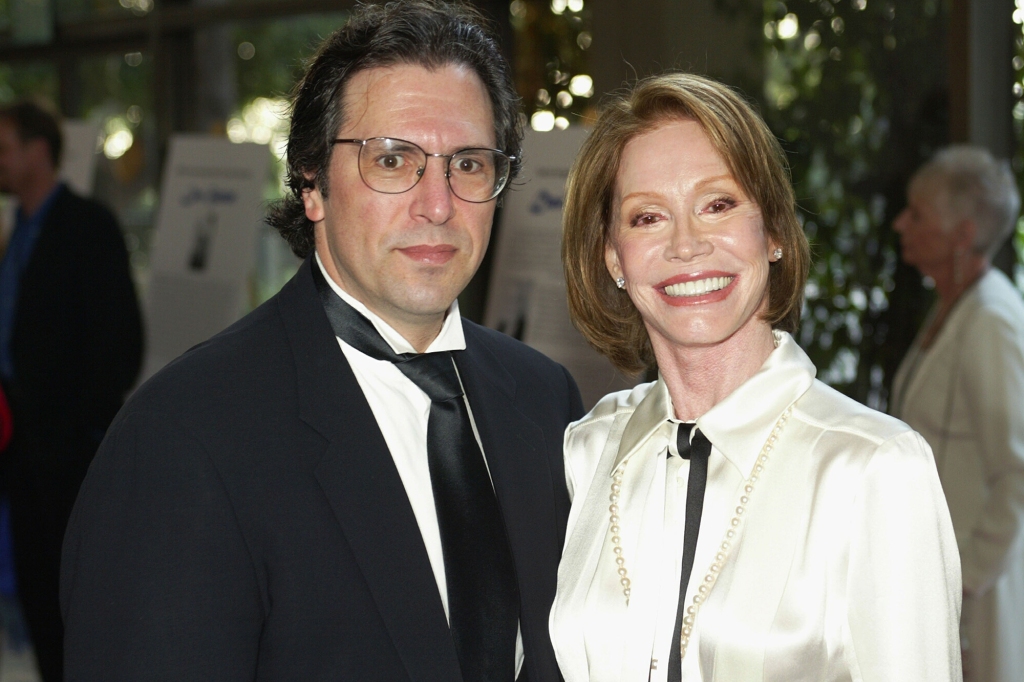
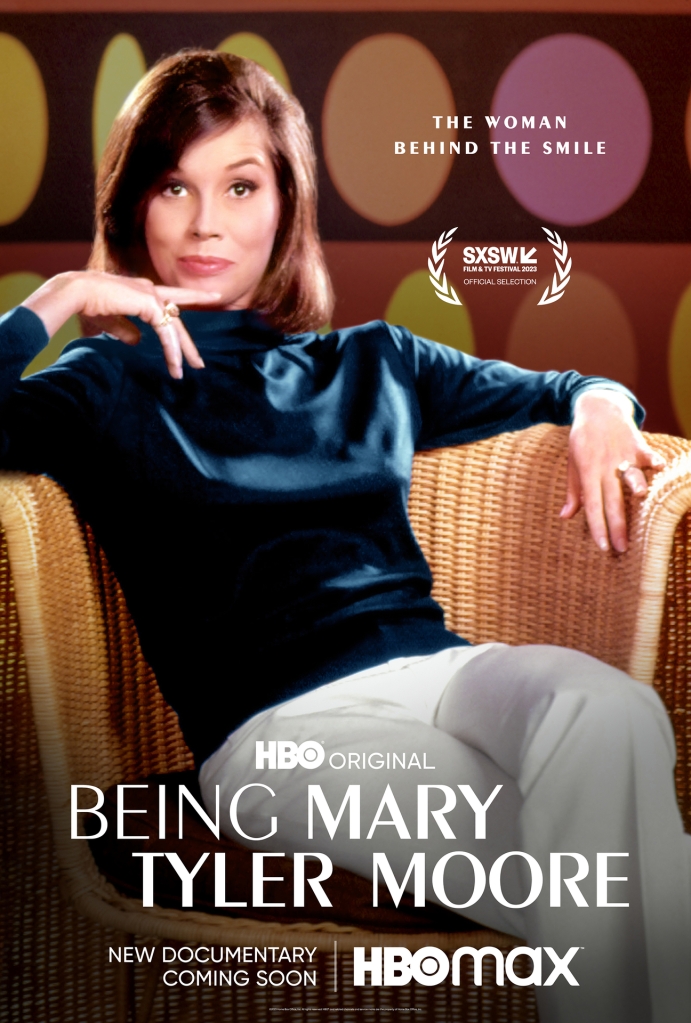
The documentary doesn’t gloss over Moore’s foibles — she became belligerent after a few drinks, could be “aloof and reserved” and had a tense relationship with her frosty parents, who were unable to show her any love (“what terrible people,” Silver said).
Her life changed for the better once she met and married Levine,18 years her junior, who doted on her until the end (he’s interviewed) while her career branched off into different directions: “Ordinary People” (her son, Richard Meeker, died from an accidental gunshot wound six weeks after the movie opened), “Whose Life?” on Broadway (she won a special Tony Award) and helping to raise millions for the Juvenile Diabetes Association.
“It’s so corny to say, but she turned the world on with her smile,” said Silver, paraphrasing a line from “The Mary Tyler Moore Show” theme song.
“And that was the greatest thing.”
“Being Mary Tyler Moore” premieres May 26 at 8 p.m. on HBO.
Read the full article Here


